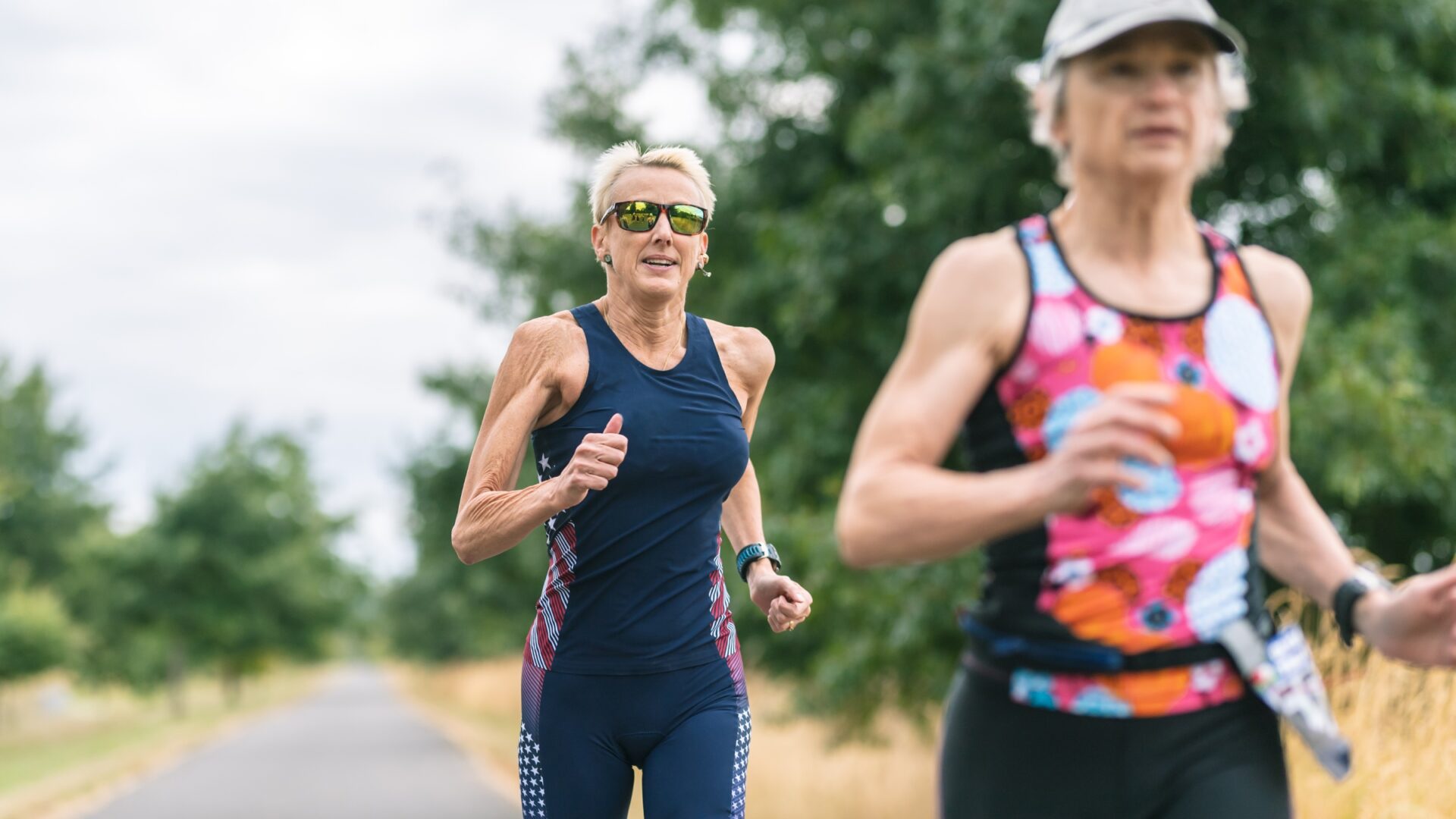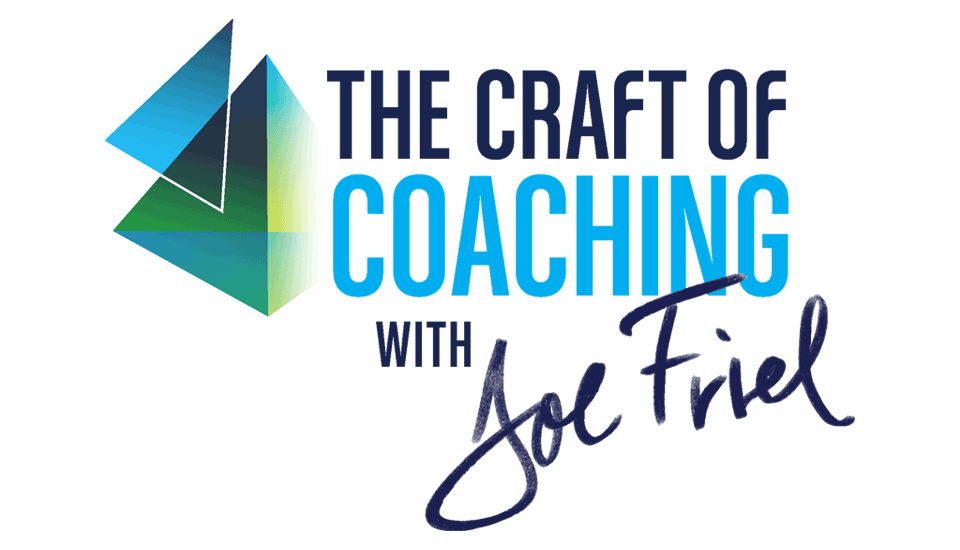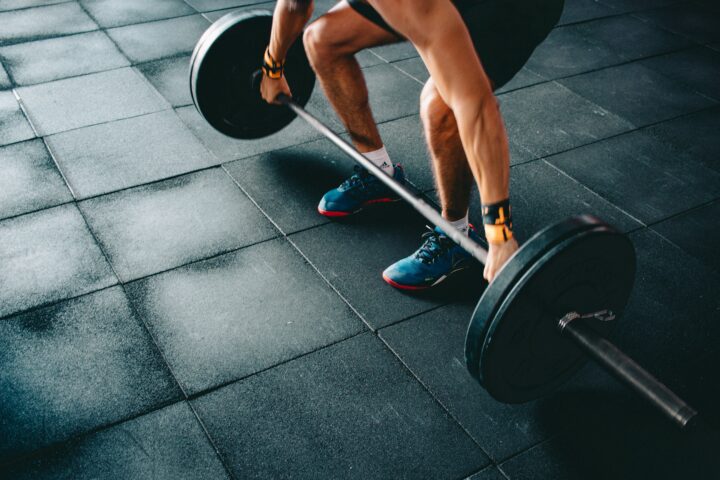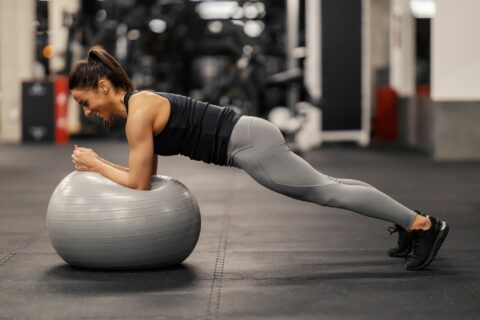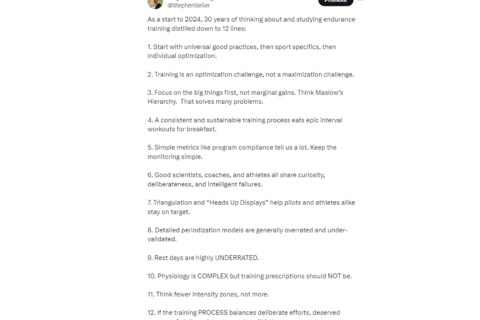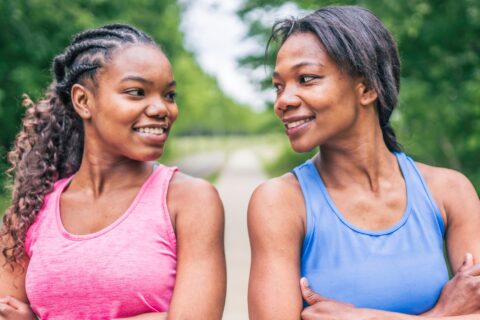Coach Trevor Connor outlines how coaches and masters athletes can better address the physiology and psychology of aging in their training.
Coach Trevor Connor outlines how coaches and masters athletes can better address the physiology and psychology of aging in their training.
